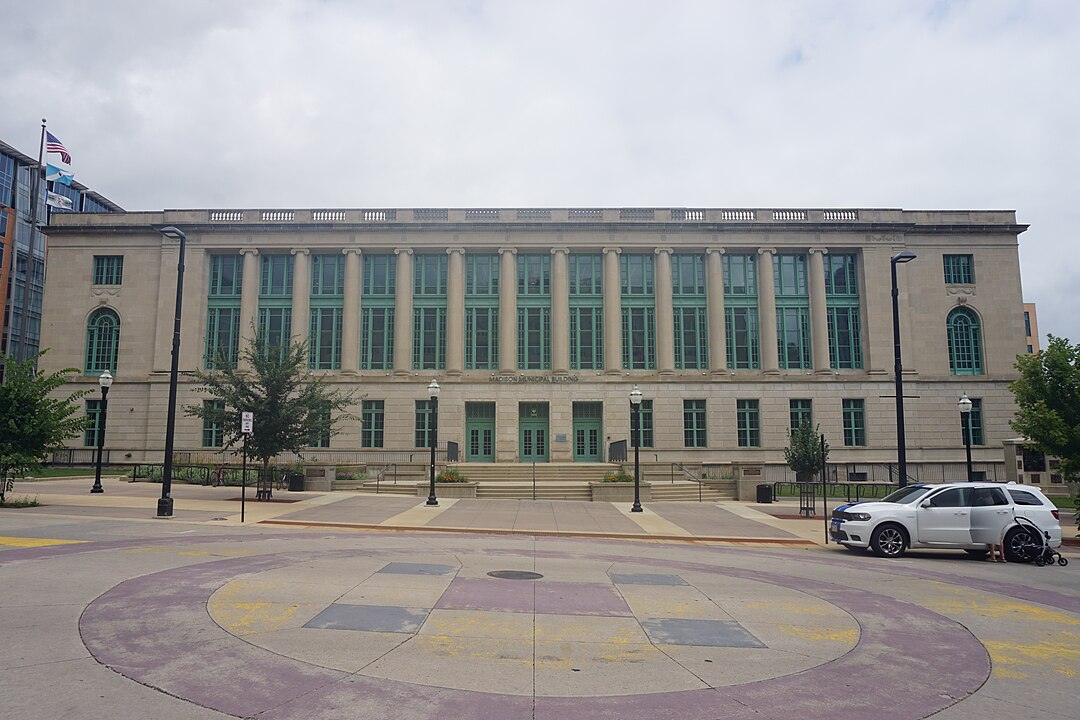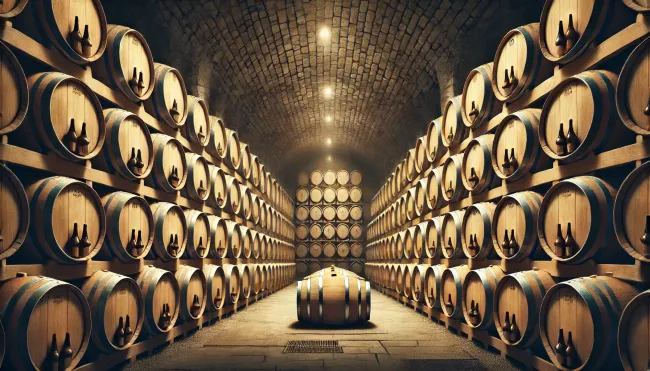A liquor license permits individuals to sell alcoholic beverages directly to retail customers from designated locations or premises. The transaction must take place at a licensed premise, requiring both the buyer and seller to be physically present. Municipalities, such as cities, villages, and towns, issue these licenses after the governing body (e.g., city council, town board) confirms the applicant's qualifications. Selling, giving away for commercial purposes, or allowing consumption of alcoholic beverages in a public place is prohibited without the appropriate license or permit. There is a distinction between a license and a permit. Licenses are issued by the local municipality where the business operates, whereas permits are granted by the state. Although there is some functional overlap, licenses typically apply to retailers, while permits generally cover the wholesale and production tiers of the industry.
Types of Liquor Licenses in Wisconsin
Before you start the application process, it's important to determine the type of liquor license you need:
- Class A: For retail stores selling alcohol for off-premises consumption.
- Class B: For bars, taverns, and restaurants selling alcohol for on-premises consumption.
- Class C: For restaurants selling wine.
- Additional licenses exist for specific situations such as temporary events or breweries.
 Steps to Obtain a Liquor License
Steps to Obtain a Liquor License
Step 1: Contact Your Local Municipal Clerk
Reach out to the clerk of the city, village, or town where you intend to do business. The clerk will provide you with the necessary applications and information about legal requirements.
Step 2: Meet Eligibility Requirements
Wisconsin has several basic eligibility requirements alcohol licensing and retail licensing. Your municipality may also have other requirements. Basic requirements are:
- Be at least 21 years old.
- You must have resided continuously in Wisconsin for at least 90 days prior to the application date.
- Have no felony convictions that substantially relate to the licensed activity.
- You must obtain a seller's permit issued by the Department of Revenue.
- Complete a Responsible Beverage Server Training Course (unless you have been previously licensed within the last two years).
A criminal record does not automatically disqualify someone from obtaining a license. The municipality must assess whether the violation is substantially related to the alcohol beverage business. Offenses like selling liquor without a license or tax evasion are closely related and may lead to denial, while crimes such as auto theft may not. The decision will consider the nature of the violation, the time since it occurred, and the individual's overall record in the community.
Step 3: Complete the Application Process
The application process has several involved steps that are covered in detail on the State of Wisconsin Department of Revenue website. Here is a summary of the steps.
- Complete the application - Fill out the appropriate forms provided by the municipal clerk. Ensure you include all required documentation, such as proof of age, training course completion, and a detailed business plan outlining your operations.
- Publish a Notice - In many municipalities, you must publish a notice of your application in a local newspaper. The municipal clerk will provide instructions on how to meet this requirement.
- Background Check - The municipality will conduct a background check on the applicant. This may include a criminal history check and verification of the information provided in the application.
- Attend a Public Hearing - Some municipalities require the applicant to attend a public hearing where residents can voice their support or concerns about the issuance of the license.
- Approval by Local Governing Body - The local city council, town board, or village board will review the application, the results of the background check, and any public comments before making a decision to approve or deny the license.
- Pay the Required Fees - Fees vary by municipality and type of license. These fees must be paid either upon application submission or upon license issuance, depending on local regulations.
- License Issuance - If approved, the license will be issued, and the business can begin selling alcohol in accordance with the terms of the license.

Tips for a Smooth Application Process
- Research Specific Local Regulations: Since the process can vary, it's essential to understand the specific requirements of your municipality.
- Interview Local Officials or Business Owners: Gaining insights from those who have successfully navigated the process can provide valuable tips and real-world examples.
- Include Resources and Contacts: Provide links or contact information for municipal clerks’ offices and resources for the Responsible Beverage Server Training Course.
Conclusion
Obtaining a liquor license in Wisconsin is a detailed process that requires careful attention to local regulations and requirements. By following these steps and preparing thoroughly, you can increase your chances of a successful application and ensure that your business is compliant with all state and local laws.



